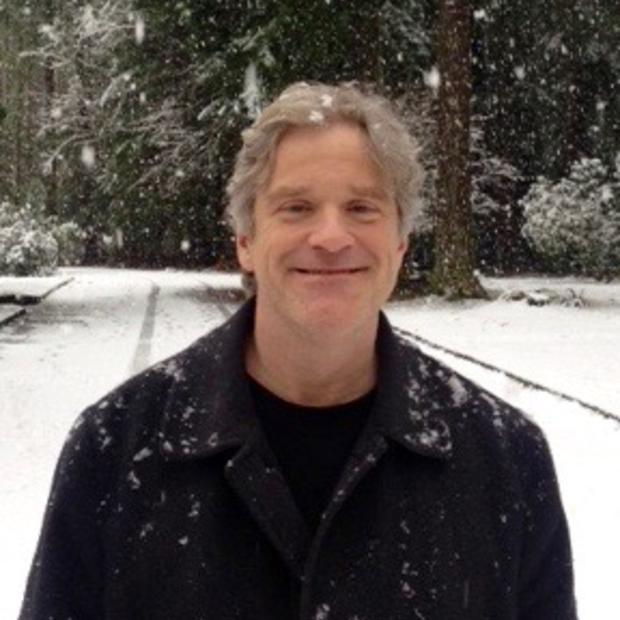Keith Grinstein, who died unexpectedly on Sunday, Sept. 28, at age 48, was a kinetic entrepreneur and altruist, as hilarious as he was intense. Picture a young-end Baby Boomer as a throwback to Seattle's civic lions, circa 1962.
It may be a sin to use the subjunctive tense, especially about a life interrupted, but Keith's biography would have tracked with the Northwest's Jim Ellis and Eddie Carlson, innovators who knit together business savvy, public vision, and community values.
It's a "what if" that only magnifies the grief, the break of a generational thread that can't be mended.
Keith's first job after graduating from Yale was as a $16,000-a-year natural resources aide to my late father, Sen. Henry M. "Scoop" Jackson. It was Keith's public-service baptism, the ballast for later life. It was also, again, a $16,000 position. After six months, he came up for review. His new salary was set at $17,600.
Years later, Keith would rib his former boss, chief-of-staff Denny Miller. "Come on," Denny reminded him. "That was a 10 percent raise!"
Keith moved on to Georgetown Law School and an inspired career in telecommunications and venture capital, the kind of work where a 10 percent raise carries a bit more oomph. Along the way, he seemed to breathe life into a line from Theodore Roethke's The Waking: "I learn by going where I have to go." Wherever he landed in life or career, Keith was bound to a legacy of service.
To witness Keith together with his dad, Gerry, a former hand of Sen. Warren Magnuson and the recent former Delta Air Lines CEO, was to experience the science fiction of H.G. Wells. It was a dance of identical twins with one time-traveling sibling three decades younger than the other. Son complemented father, both emblematic of service above self; each was shrewd at tackling complex problems while highlighting the absurdity of certain politicians and other inflated egos.
Keith was, make no mistake, a frenetic presence. A year ago, we served together on a foundation finance committee. He'd rock in his armchair and rapid-fire acronyms, liquidity trends, and other arcana. There was a dervish-style coherence to his method, but I was clueless. I would quietly write down what few nuggets I could comprehend, usually "Dow Jones" and "buy low." It was humbling.
In the 1990s, Keith became a member of Seattle's dot-com aristocracy, those youngins who shoveled their Gold Rush loot and remade local philanthropy. It's a community that's done enormous good, recasting funding priorities and embracing transparency. Too many, however, have boosted vanity projects or expressed do-gooderism as an extension of themselves. Keith had the good judgment to concentrate on a few community totems and behind-the-scences volunteering that employed his skills as an investment guru. He was focused, effective, and (and I mean this) understated. It was meaningful do-gooderism as an end in itself.
Looking for some big-brother-ish guidance a few years back, I met up with Keith at the Montlake neighborhood Starbucks.
I began to wax Bohemian. What should I do with my life? I was acting the obnoxious Hamlet.
"Michael Jordan," Keith said. "He does just one thing. Basketball. And he thrives."
Hmmm. The analogy sounded a little too simple. I continued pressing.
Keith made some jokes at his own expense and finally leaned forward and said something quasi-Scandanavian, a sentiment that spoke to my Ingmar Bergman-esque soul.
"Just imagine that you'll only live to be 40," Keith said. "What can you say that you did with your life? You have to seize something now, something you love, and run with it."
Wise counsel from a wise man: Do one thing well. Life is short.
If only that the latter weren't true.


